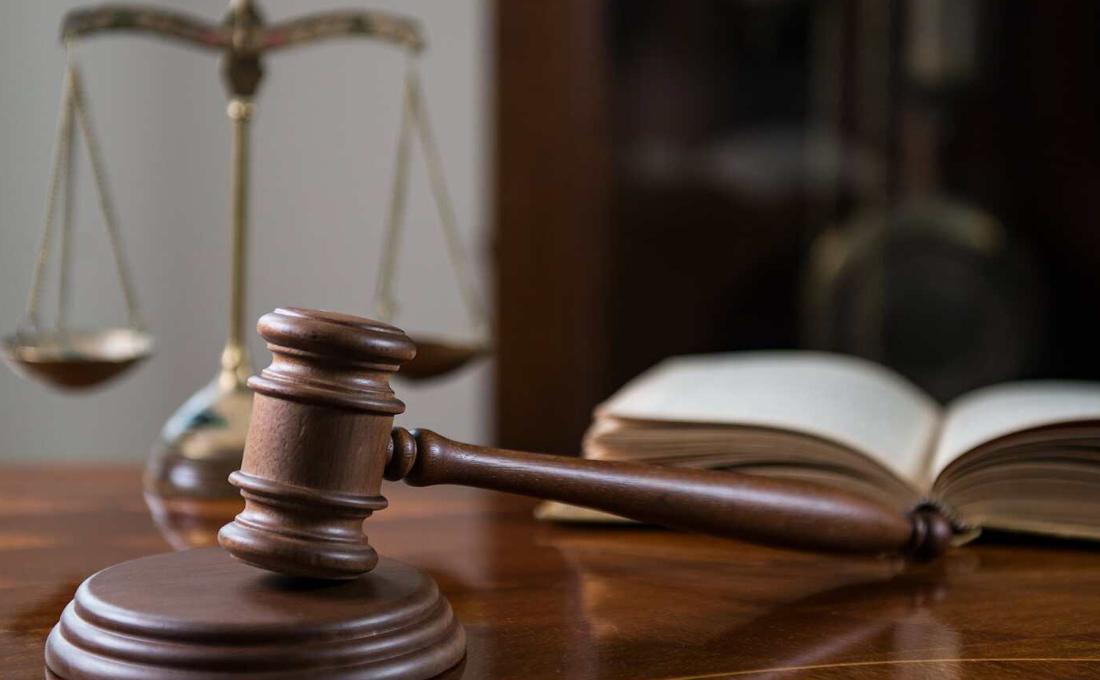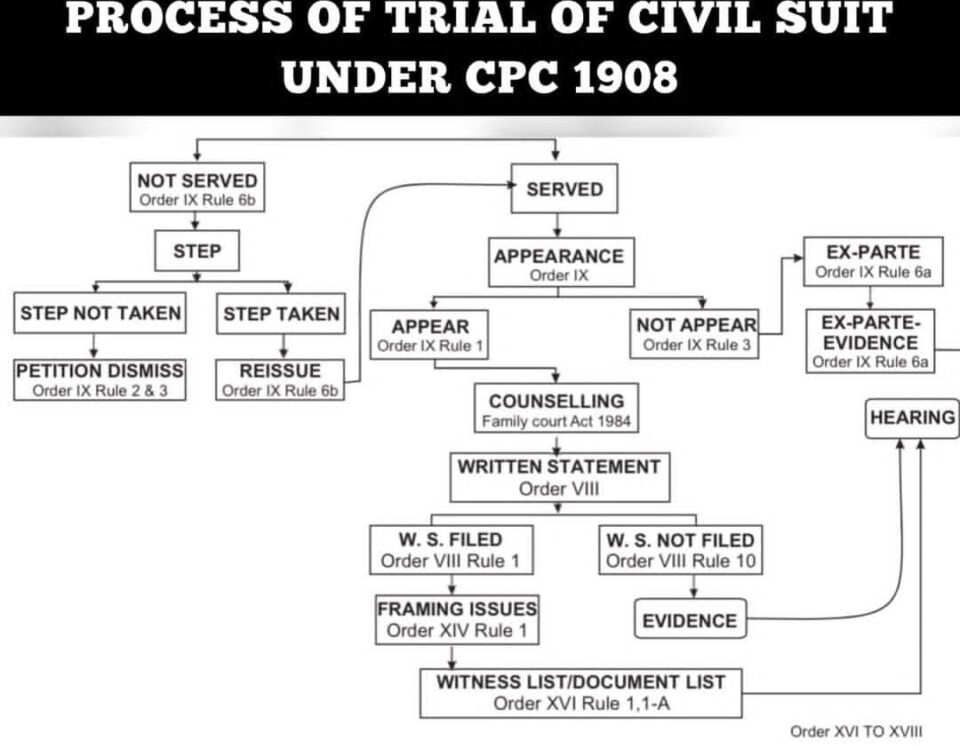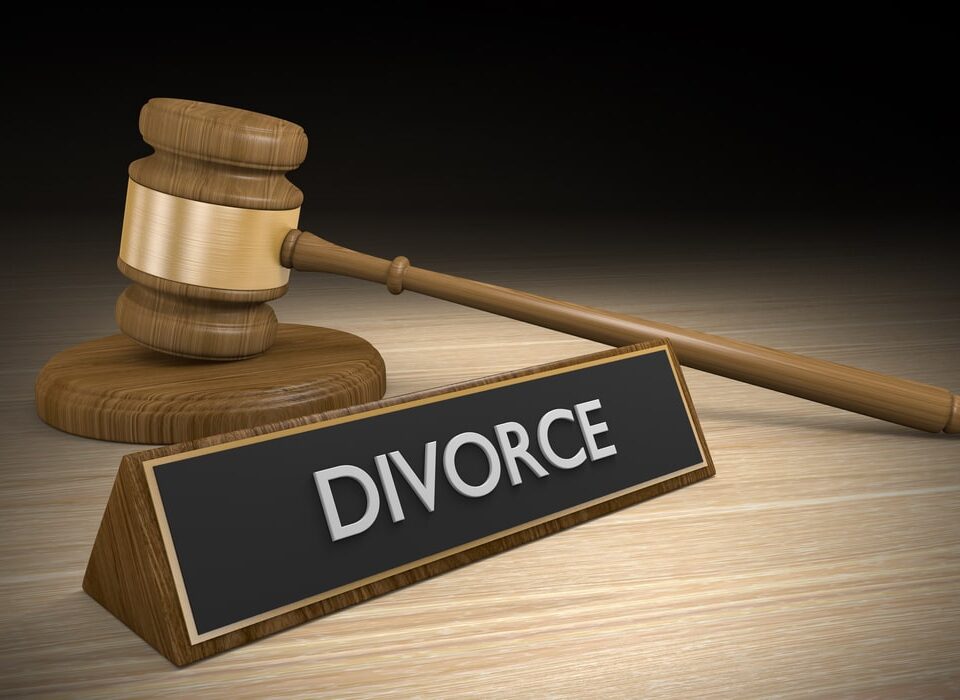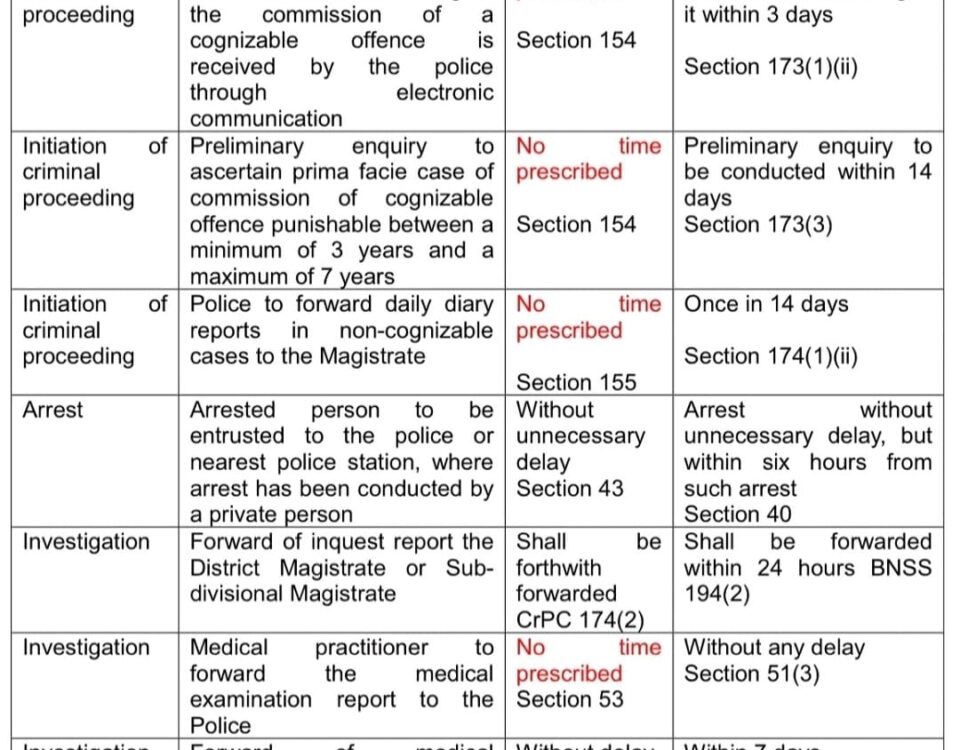
Lawyer in Ghaziabad is a leading law firm with its presence in India and abroad, operating out of offices in: Delhi, Noida and Ghaziabad. It is one of the best law firms in Delhi, Noida and Ghaziabad with an exceptional experience and reputation in the legal arena.
- Legal Consultation
- Transparent Communication
- Results-Oriented
Motor Accident Claims Lawyer In Ghaziabad
Expert Motor Accident Claims Lawyer in Ghaziabad
Expert Motor Accident Claims Lawyer in Ghaziabad
Your Trusted Ally in Motor Accident Claims
Motor accident claims are legal requests for compensation filed by individuals involved in road accidents, typically involving vehicles such as cars, motorcycles, trucks, or buses. These claims aim to recover damages caused by the accident, either from the at-fault party or through insurance benefits. Victims can seek compensation for various expenses, including medical bills, vehicle repair costs, lost income due to an inability to work, and even compensation for emotional pain and suffering. The process of filing a motor accident claim begins with gathering essential evidence, such as photographs of the accident scene, police reports, medical records, and witness statements. This documentation helps establish liability and supports the claim. It is also essential to notify your insurance company promptly after the accident to avoid delays or rejection. Motor accident claims are not limited to physical injuries; they can also include damages to personal property or third-party liabilities. In cases of severe accidents resulting in permanent disabilities or fatalities, victims or their families may file for additional compensation.
Who Can File a Motor Accident Claim?
Motor accidents can have far-reaching consequences, impacting not just the individuals directly involved but also their families. Understanding who is eligible to file a motor accident claim is essential for ensuring that all affected parties receive the compensation they are entitled to. Anyone impacted by a motor accident can file a claim, including drivers, passengers, pedestrians, and cyclists involved in the collision. Drivers may file a claim if they have suffered injuries, incurred vehicle damage, or need to recover other expenses caused by the accident. Passengers can also file claims for injuries sustained during the incident, regardless of whether they were in the at-fault vehicle or not. Pedestrians and cyclists, who are particularly vulnerable in road accidents, have the right to claim compensation for injuries, property damage, and associated costs. In cases where the accident results in fatalities, the deceased victim’s family members or legal heirs can file a claim. This includes seeking compensation for loss of income, funeral expenses, and emotional suffering endured by the family. Additionally, the owner of the vehicle involved in the accident has the right to file a claim for damages, even if they were not driving at the time. For instance, an owner may seek compensation if their vehicle was damaged in an accident caused by someone else. Vehicle owners can also claim insurance benefits under their own policy for repairs or replacements, depending on the type of coverage they hold. Timeliness is critical when filing a motor accident claim. Most jurisdictions have specific deadlines for submitting claims, and delays can lead to complications or rejections. It’s important to gather all necessary documentation, including police reports, medical records, and evidence of damages, to strengthen the claim. Whether you are directly injured, a representative of a victim, or a vehicle owner, filing a motor accident claim ensures that your rights are protected, and you receive fair compensation for your losses.
Types of Motor Accident Claims
Motor accident claims can be broadly categorized into two types: third-party liability claims and own-damage claims. Third-party liability claims are made against the insurance policy of the party responsible for the accident. For example, if a pedestrian or another driver is injured in a collision, they can seek compensation from the at-fault driver’s third-party insurance coverage. These claims primarily cover medical expenses, property damage, and compensation for pain and suffering caused to the victim. On the other hand, own-damage claims are filed by the policyholder to recover costs associated with repairing their vehicle or covering medical bills due to injuries sustained in the accident. This type of claim is especially useful in cases where the policyholder is at fault or if the accident involved no other parties. Both claims require careful documentation, adherence to legal procedures, and a thorough understanding of policy terms to avoid delays or rejections.
Key Points:
- Third-party liability claims: Filed against the at-fault party's insurance for damages or injuries caused to others.
- Own-damage claims: Filed by the policyholder for repairing their vehicle or covering medical expenses.
- Coverage: Third-party claims compensate victims, while own-damage claims support the policyholder.
- Documentation: Police reports, medical bills, and repair estimates are essential for filing.
- Legal adherence: Understanding policy terms ensures a smoother claims process.
Steps to File a Motor Accident Claim
Filing a motor accident claim is a critical process that requires careful attention to detail. The first step is to report the accident to the police and obtain a copy of the First Information Report (FIR), as it serves as a key document for filing claims. Once the FIR is secured, notify your insurance company immediately, as most insurers have a specific timeframe for reporting accidents. Delay in informing the insurer can lead to rejection of the claim. After this, gather all essential documents, such as a copy of the FIR, insurance policy, driver’s license, medical reports for injury claims, and repair estimates for vehicle damage. These documents play a vital role in supporting your case. Next, complete the claim form provided by the insurance company or file a petition with the Motor Accident Claims Tribunal (MACT) in the case of third-party claims. Submit the form along with all the required paperwork to initiate the claims process. To ensure a smooth and timely settlement, follow up regularly with the insurer or tribunal to address any potential delays or queries promptly.
Steps:
- Report the accident to the police and obtain an FIR.
- Notify your insurance company immediately.
- Gather necessary documents, including FIR, policy copy, and repair estimates.
- Submit the claim form with supporting documents to the insurer or MACT.
- Follow up regularly to ensure timely resolution.

Documents Required for a Motor Accident Claim
Proper documentation plays a critical role in ensuring the smooth processing of a motor accident claim. The foremost document required is the First Information Report (FIR) obtained from the police, which serves as legal proof of the accident. A copy of the insurance policy is equally important to validate your coverage. For vehicle damage claims, the policyholder must submit a valid driver’s license, repair bills, and photographs of the damaged vehicle to substantiate the claim. In case of personal injury claims, detailed medical reports, hospital bills, and prescriptions are essential to demonstrate the extent of injuries and related expenses. For fatal accidents, additional documents such as a death certificate, post-mortem report, and proof of relationship with the deceased (like a marriage certificate or birth certificate) may be required for dependents to claim compensation. Other supporting documents, such as the claimant’s identification proof and bank account details, are also necessary for a seamless settlement. Submitting accurate and complete documentation not only speeds up the claims process but also significantly reduces the risk of rejection due to missing or incorrect information. Staying organized and proactive during the documentation phase ensures that your claim is resolved efficiently and without unnecessary delays.
Key Documents Needed:
- FIR from the police to serve as legal evidence of the accident.
- Copy of the insurance policy to validate coverage.
- Driver’s license and repair bills for vehicle damage claims.
- Medical reports and hospital bills for personal injury claims.
- Death certificate and proof of relationship for fatal accident claims.
- Identification proof and bank details for settlement processing.
Role of the Motor Accident Claims Tribunal (MACT)
The Motor Accident Claims Tribunal (MACT) plays a crucial role in resolving disputes related to motor accident claims. It is a specialized legal body established to handle compensation claims arising from road accidents, particularly those involving third-party liability. Victims of motor accidents, or their families in cases of fatalities, can approach MACT if there is a disagreement over the compensation amount or if an insurance company denies their claim. One of the primary functions of MACT is to ensure that victims receive fair compensation for damages or injuries sustained in the accident. The tribunal examines a range of evidence, including the police First Information Report (FIR), medical reports, witness testimonies, and other relevant documentation. This thorough review helps MACT determine an appropriate compensation amount based on factors such as the severity of injuries, medical expenses, loss of income, and the extent of property damage. MACT is designed to provide an efficient and impartial resolution of motor accident claims, reducing the burden on regular courts. The tribunal also prioritizes quick resolution to ensure that victims or their families do not face prolonged financial hardships. While the process is relatively straightforward, it can involve intricate legal and procedural requirements, which is why engaging legal representation is often recommended. A lawyer can help navigate the complexities of the tribunal, present a strong case, and maximize the likelihood of receiving fair compensation. In addition to settling compensation disputes, MACT also acts as a deterrent to negligent driving by holding at-fault parties accountable. Through its proceedings, MACT ensures that justice is served while upholding the rights of accident victims, making it an indispensable part of the motor accident claims process.
Challenges in Motor Accident Claims
Motor accident claims can be fraught with numerous challenges that make the process complex and, at times, frustrating for claimants. One of the most common issues is the delay in claim settlement. These delays often arise from disputes between the involved parties or the submission of incomplete or inaccurate documentation. Essential documents such as the First Information Report (FIR), medical reports, repair estimates, and insurance policy details are critical to a smooth settlement process. Missing or inconsistent information can significantly extend the time it takes for a claim to be processed. Insurance companies may also reject claims on technical grounds, creating additional hurdles for claimants. Policy lapses due to unpaid premiums, violations of policy terms and conditions, or instances of negligence by the policyholder can result in outright claim denial. For example, claims may be invalidated if the driver lacked a valid license or was under the influence of alcohol at the time of the accident. Another major challenge lies in proving the liability of the at-fault party. This can be particularly difficult if there are no eyewitnesses, no CCTV or dashcam footage, or insufficient evidence to support the claimant's case. In such situations, the lack of credible proof can lead to protracted disputes and reduced chances of securing compensation. For disputes that escalate to the Motor Accident Claims Tribunal (MACT), the legal process can be time-consuming and intricate. The tribunal examines evidence, witness statements, and other factors to determine compensation, but the proceedings often require legal expertise. This can be intimidating and financially burdensome for victims unfamiliar with legal protocols. Awareness of these challenges is crucial for claimants to take proactive measures. Ensuring accurate and complete documentation, adhering to policy terms, and seeking timely legal or professional assistance can significantly improve the chances of successfully navigating the motor accident claims process and receiving adequate compensation.
Tips to Avoid Claim Rejection
Avoiding claim rejection involves a proactive and detailed approach to the claims process. To start, it is crucial to adhere strictly to the terms and conditions outlined in your insurance policy. Reporting the accident promptly to both the police and your insurer is essential, as delays in reporting are among the leading causes of claim denials. Insurers typically have specific timelines for reporting claims, and missing these deadlines could render your claim invalid. Accurate and complete documentation is another key factor. Ensure that all required documents, such as the First Information Report (FIR), medical records, repair estimates, and insurance policy details, are submitted in proper order. Even minor errors or missing information can lead to rejection. Being truthful and transparent when describing the incident is equally important. Any misrepresentation, whether intentional or accidental, can cause your claim to be permanently denied and may even lead to legal repercussions. It’s also vital to understand the exclusions mentioned in your policy. Familiarize yourself with scenarios that are not covered, such as damages due to negligence, driving under the influence, or other policy violations. By understanding these aspects and taking timely and accurate actions, you can significantly reduce the risk of claim rejection and ensure a smoother claims process.
Key Tips:
- Report accidents promptly to the police and insurer.
- Submit complete and accurate documentation, including FIR and medical records.
- Be honest and transparent when describing the incident.
- Understand policy exclusions to avoid filing for non-covered scenarios.
- Adhere to all policy terms and deadlines to ensure claim validity.
Compensation in Motor Accident Claims
Compensation in motor accident claims is determined by the extent of damages and injuries suffered as a result of the accident. For personal injury cases, compensation often covers medical expenses incurred for treatment, including hospitalization, medication, and rehabilitation services. If the injured party is unable to work due to the accident, compensation is also provided for lost wages during the recovery period. In more severe cases where the victim sustains a permanent disability, additional compensation is granted to account for the loss of future earning capacity, which ensures financial stability for the affected individual. For property damage, compensation generally covers the repair costs required to restore the vehicle to its original condition. In situations where the vehicle is declared a total loss, the owner is entitled to receive an amount equivalent to the vehicle’s market value at the time of the accident. This ensures that the policyholder is not left at a financial disadvantage when replacing their vehicle. In cases of fatal accidents, the compensation is extended to the deceased’s family. This typically includes reimbursement for funeral and burial expenses, compensation for loss of income that the deceased would have provided, and an additional amount for emotional distress suffered by the family. The purpose of such compensation is to provide financial relief and support to the family during an emotionally challenging time. The overall amount of compensation is often decided based on various factors, including the evidence presented, the severity of the damages, and the applicable laws and insurance policies. Engaging legal assistance and maintaining proper documentation can significantly improve the chances of securing fair compensation.
Importance of Legal Assistance in Motor Accident Claims
While filing a motor accident claim may seem straightforward, legal assistance can significantly improve your chances of success. Lawyers specializing in motor accident claims can help gather evidence, prepare documentation, and represent your case effectively in front of insurance companies or the Motor Accident Claims Tribunal. They also ensure that you receive the maximum compensation you are entitled to, especially in cases of severe injuries or fatalities. Legal professionals are particularly valuable when dealing with disputes or appeals, as they have the expertise to navigate the complexities of the legal system.
Conclusion
Motor accident claims provide an essential mechanism for victims of road accidents to secure financial compensation for injuries and damages. These claims can help cover a wide range of losses, including medical expenses, lost income, repair costs, and compensation for emotional or physical distress. Whether you are filing a third-party liability claim or an own-damage claim, understanding the process and following the required steps is vital for a successful outcome. Ensuring timely reporting of the accident, gathering necessary documentation such as the FIR, and maintaining transparency during the claims process can significantly reduce the risk of rejection. wDespite the importance of motor accident claims, challenges such as delayed settlements, disputes over liability, or insufficient evidence can complicate the process. Policyholders should familiarize themselves with their insurance policy's terms and conditions to avoid unnecessary obstacles. Being aware of policy exclusions and legal rights can empower victims to navigate the claims process effectively. When disputes arise, entities like the Motor Accident Claims Tribunal (MACT) provide a platform for fair and impartial resolution. MACT ensures that victims and their families receive the compensation they are entitled to, offering relief from the financial burden of accidents. In more complex cases, seeking professional legal assistance can help streamline the process and improve the likelihood of a favorable outcome. Ultimately, motor accident claims are about ensuring that victims are not left to bear the consequences of accidents alone. By taking proactive measures, adhering to legal procedures, and leveraging available resources, policyholders can secure the compensation they deserve and achieve a fair resolution.





